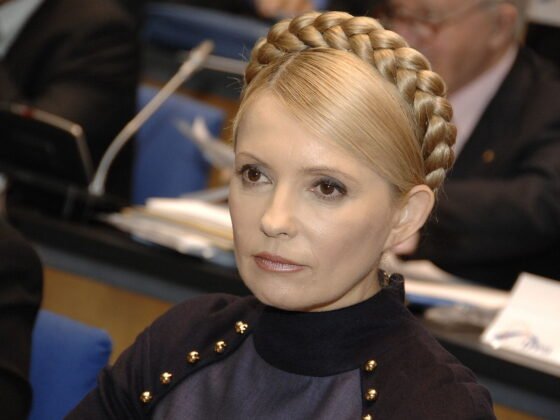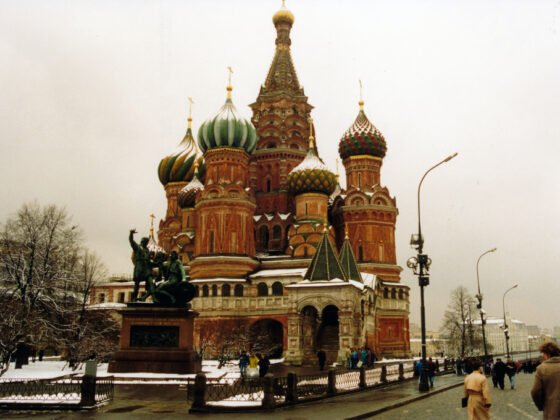(Russian Military Reform | Marshall Center) As part of a collaborative project on Russian strategic culture and leadership decision-making, organized by the Marshall Center with support from the Russia Strategy Initiative, I have published a policy brief on Russian strategic goals in a Baltic crisis. Here is the executive summary and some highlights. The full brief is available through the Marshall Center website.
Executive Summary
-
This policy brief addresses how Russian strategic culture operates in the distinct geographic and geopolitical environment of the Baltic region. This analysis is based on a model of Russian decision–making in crisis situations that describes Russian leaders as prospect theory players who take greater risks to prevent anticipated defeats than they do to pursue potential opportunities. They seek to prevent foreign policy defeats that could translate into a loss of power in the region, a loss of great power status, or, in some cases, translate into political defeats at home.
-
Given this strategic calculus, we can expect Russia to act cautiously in the Baltic region because it is not facing a loss situation. Based on Russia’s limited stakes in the region, Russian leaders are likely to be highly reluctant to risk a major military confrontation with NATO through any overuse of Russian military forces. They will be careful to limit both the level of risk and the level of effort they would take on in this scenario.
-
Russia’s approach to managing a Baltic crisis scenario is based on the recognition that the balance of stakes and capabilities in such a situation ultimately would favor the West. If Baltic governments and their NATO allies both hesitate in their response, Russian leaders may seek to use the crisis to gain a strategic advantage. However, if Russian leaders see a forceful response in the early stages of a crisis, they would be likely to de-escalate in order to avert major losses.
Read More © Russian Military Reform | Marshall Center











